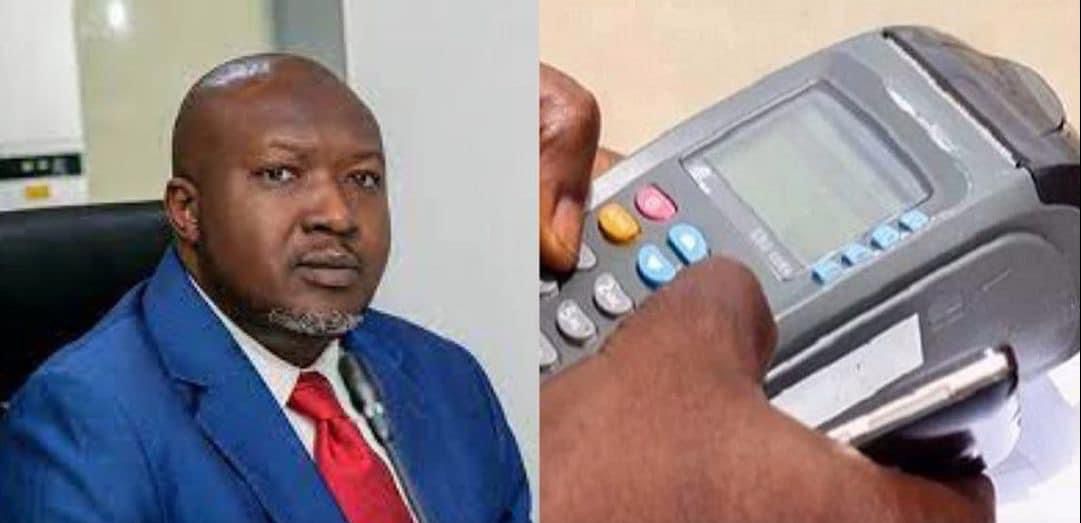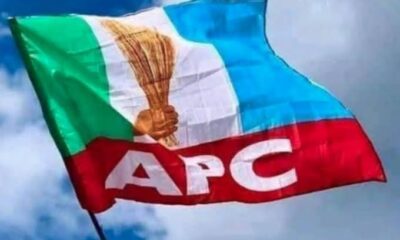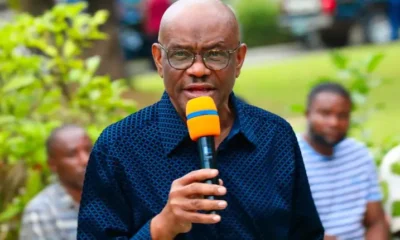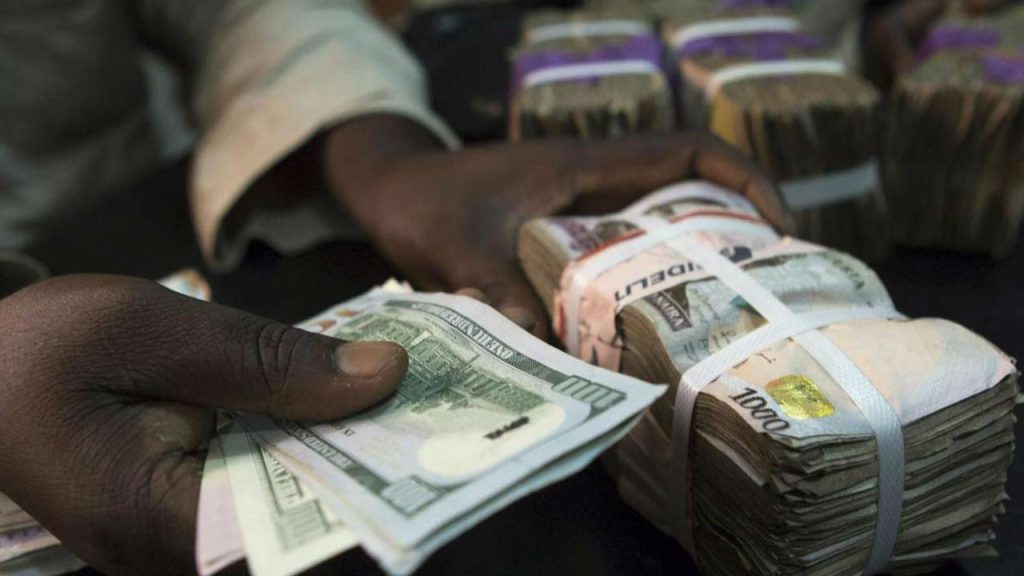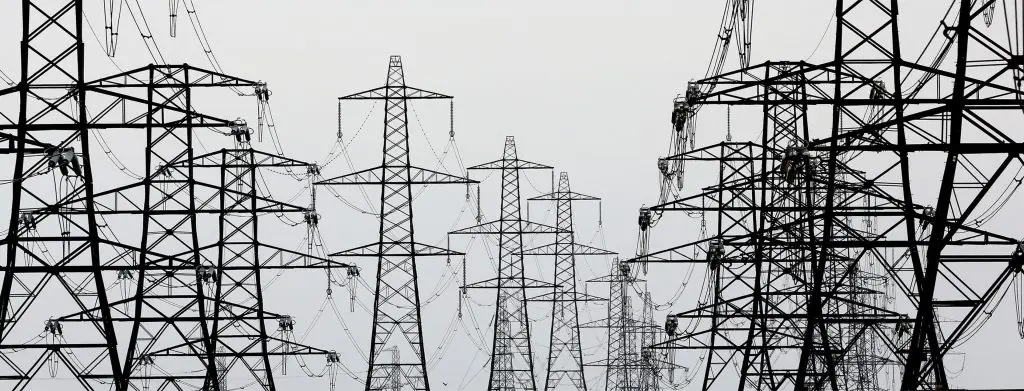The Nigerian government through the Corporate Affairs Commission has issued a two-month registration ultimatum to Point of Sales companies to register their agents, merchants, and individuals with the commission in line with legal requirements and the directives of the Central Bank of Nigeria.
This was stated in an agreement that was reached on Monday during a meeting between Fintechs and the Registrar-General CAC, Hussaini Ishaq Magaji, in Abuja.
According to the Nigeria Inter-Bank Settlement System, there are over 1.9 million PoS terminals deployed by merchants and individuals nationwide.
Speaking at the meeting, the CAC boss stated that the legislation intends to protect the businesses of Fintech customers while also developing the economy.
He further emphasised that the move was supported by Section 863, Subsection 1 of the Companies and Allied Matters Act, CAMA 2020, and the 2013 CBN recommendations on agent banking.
The CAC boss stated that the registration timetable, which will expire on July 7, 2024, was not intended to target any specific organisations or individuals, but rather to provide safety for businesses.
A statement by the commission read, “The Corporate Affairs Commission and fintech companies in Nigeria, better known as PoS operators, have agreed to a two-month timeline to register their agents, merchants, and individuals with the CAC in line with legal requirements and the directives of the Central Bank of Nigeria. The agreement was reached today during a meeting between Fintechs and the Registrar-General, CAC, Hussaini Ishaq Magaji, in Abuja.”
This new directive came against the backdrop of frequent fraud incidents involving POS terminals and plans to stop trading in cryptocurrency or any virtual currency by the Central Bank of Nigeria. POS terminals accounted for 26.37 per cent of fraud incidents in 2023, according to a fraud report by the Nigeria Inter-Bank Settlement System Plc.

 Trending6 months ago
Trending6 months ago
 Politics6 months ago
Politics6 months ago
 Politics6 months ago
Politics6 months ago
 Politics6 months ago
Politics6 months ago
